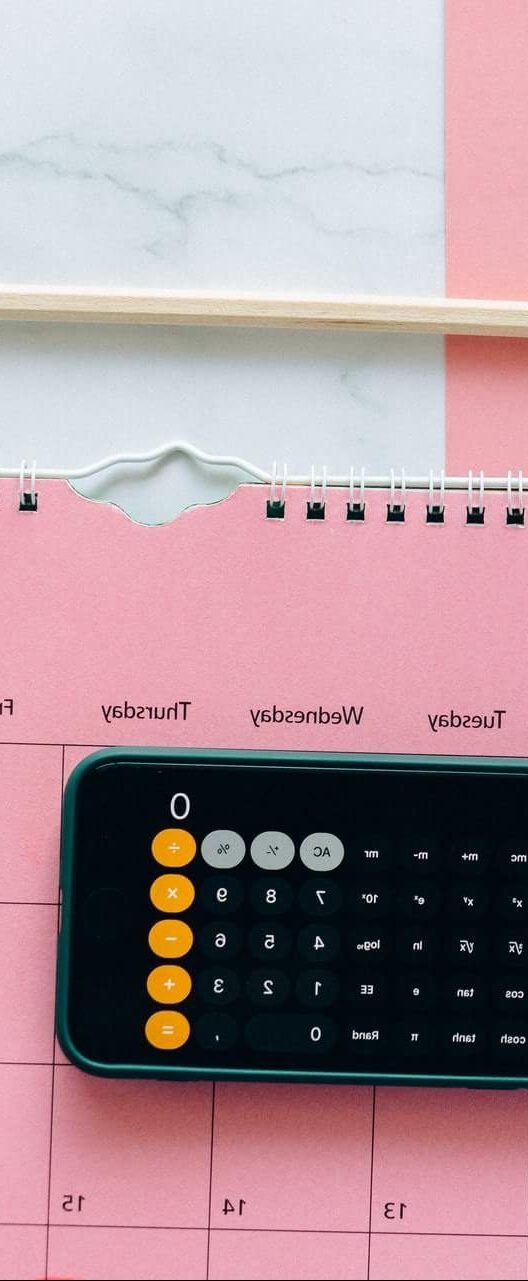
What is the Universal Credit income limit? How much can I get before my Universal Credit payments are reduced? You could get more income without impacting your Universal Credit if you have a Work Allowance. However, beyond that (and if you don’t have a Work Allowance), more income decreases your Universal Credit at a certain rate. Your Benefits will tell you what that rate is and everything you need to know about Universal Credit income limit.
What is the Universal Credit income limit?

The Universal Credit income limit is the amount of money you can receive before your Universal Credit payments are reduced to 0. Furthermore, your circumstances may allow you to have a work allowance. This means that, up to a certain point, increases in income will not impact your payments.
As such, you can increase your income up to a certain point. In fact, after your Universal Credit income limit, you may receive no Universal Credit payments, as they would be decreased to 0.
What is the relationship between Universal Credit and income?
Universal Credit is a benefit for those without work. However, you may sometimes start work or you increase how much you receive in income. Then, you could continue to receive Universal Credit. Your payments will stop once your income reaches a certain point. How much that is depends on your situation.
You could be self-employed. Then your self-employment income will count for your Universal Credit income limit calculation. Moreover, you may lose your job, or finish working. Additionally, you may still receive Universal Credit. In this case, you will continue to receive your Universal Credit payments.
Your income is what impacts your Universal Credit payments. In fact, this is done automatically. Universal Credit only has an income limit, as hours worked will not impact this benefit.
Universal Credit income limit
You income may increase. Then, if you have a Universal Credit Work Allowance, your Universal Credit payments will not be impacted by your income until you get a certain income amount.
Your Universal Credit income limit means that, up to a certain point, you will earn 45p more in Universal Credit and income combined, for every £1 increase in your income.
What if I reach my Universal Credit income limit?

Your income may rise to the point where your Universal Credit payments reach 0. If this is the case, you will stop to receive Universal Credit payments. However, it might be that your payments stopped for a different circumstance.
If you do not receive Universal Credit any more for a different reason, 6 months within your last payment, you can apply again. In fact, you can do this online. More specifically, log in to your Universal Credit account. There, you can check that all the information on your case is correct.
You may want to receive Universal Credit again, after 6 months of receiving your last payment. In this case, you cannot log in to your online Universal Credit account to manage your claim. Instead, you will need to apply again.
Your landlord may receive Universal Credit directly to cover housing costs like rent. In this case, if you stop getting payments, your landlord may still continue to receive payments. Then, your claim can still be managed on your online account.
What is surplus earnings?
You may earn more in certain months. In fact, you may receive £2,500 in income in one month, over what you can get until you receive no Universal Credit. Then, this would be considered ‘surplus earnings’.
Your ‘surplus earnings’ count towards your following month. Furthermore, it will not be considered again once you get Universal Credit or 6 months following you originally getting surplus earnings.
What is Universal Credit?
In order to know what the Universal Credit income limit is, you need to be aware of what Universal Credit is. In fact, this is a benefit replacing a number of other benefits. More specifically, legacy benefits being replaced include the following:
- Working Tax Credit;
- Income-related Employment and Support Allowance (ESA);
- Housing Benefit;
- Income-based Jobseeker’s Allowance (JSA);
- Child Tax Credit;
- Income Support.
If you get one of these benefits, and start to receive Universal Credit, you will stop getting these benefits. In fact, this applies to both benefits and tax credits. As such, it’s important to be aware of your Universal Credit income limit. Once you apply for Universal Credit, you will no longer get these legacy benefits. This is because your claim for universal credit overrides them.
Note that benefits for which the eligibility is determined by national insurance contributions.
Furthermore, you may wonder how much Universal Credit you can get. In fact, the standard allowance is a certain amount. The maximum universal credit standard allowance rate is included below:
| Universal Credit standard allowance rates in 2022 | |
|---|---|
| Your personal circumstance | Standard allowance rate (per month) |
| You have a partner, and at least one of you is 25 years or older | £509.91 (for the couple) |
| You have a partner, and you are both younger than 25 years old | £403.93 (for the couple) |
| You are younger than 25 years old and single | £257.33 |
| You are 25 years or older and single | £324.84 |
What you get also depends on whether your child was born before or after April 2017. In fact, this is because there were certain changes to Universal Credit at that time.
Additionally, the assessment period will be the length of time where certain things will be determined, like your health condition, limited capability for work, and more. Indeed, universal credit is impacted by things like the benefit cap, contributed to by benefits like a disability premium.
What is the Universal Credit work allowance?
Not all people that get Universal Credit qualify to have a Work Allowance. In fact, some things need to apply. More specifically, you are your partner are either:
- Responsible for a child, or;
- Limited in your ability to work.
Then, your income may increase over your Work Allowance. In this case, for every £1 increase in income, your Universal Credit payments will decrease by 55p. With this, you can calculate your own Universal Credit income limit until your payments fall to 0.
You may also qualify for the child element. If you have questions, you may contact Citizens Advice. You may do so by phone on 0800 144 8848. They do not have an email address. However, they also have a benefits calculator.



I’m wondering how much is universal credit in a year
Hello,
With the standard allowance, you can get £3,183.72 at minimum and £6,308.64 at most.
Hope this helps,
Robin